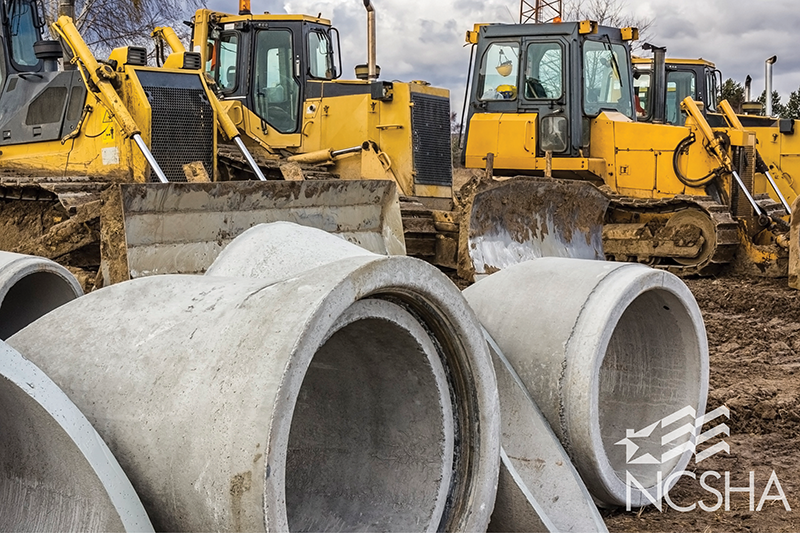Neighborhood Homes Investment Act FAQs
The Neighborhood Homes Investment Act (NHIA) is bipartisan legislation, introduced by Senators Ben Cardin (D-MD) and Todd Young (R-IN) in the Senate (S. 657) and Representatives Mike Kelly (R-PA) and John Larson (D-CT) in the House (H.R. 3940), that establishes a federal tax credit targeted to the new construction or substantial rehabilitation of affordable, owner-occupied housing located in distressed urban, suburban, and rural neighborhoods. It would mobilize private investment to build and substantially rehabilitate 500,000 affordable homes for moderate- and middle-income homeowners over the next 10 years.
In many census tracts and rural areas, developers cannot sell homes for what it costs to construct or substantially rehabilitate them (known as the “value gap”). The NHIA tax credit would incentivize developers to construct new or substantially rehabilitate housing because it closes the value gap, up to 35 percent of eligible development costs. Individual homeowners also would be eligible to receive an NHIA tax credit to fund crucial repairs and rehabilitation to their primary residences.
State agencies would award the NHIA tax credits to project sponsors who would raise capital from investors to finance home building and substantial rehabilitation. Once a home is sold to an income-qualified owner-occupant, the investor would receive the one-year tax credit.
The program would require states to develop qualified allocation plans (QAPs) to determine and demonstrate how they would allocate the NHIA tax credits. Per the legislation, the QAP would include criteria pertaining to a neighborhood’s need for new or rehabilitated homes, neighborhood revitalization strategy and impact, sponsor capability, likely long-term homeownership sustainability, and any additional state-determined criteria (e.g., construction standards, developer fees). Additionally, 10 percent of each state’s allocations would be set aside for nonprofit sponsors. The QAP is subject to review after a public hearing and comment process, so it would reflect state and local priorities.
The Neighborhood Homes Investment Act 2024 FAQs document covers the following:
- What is the Neighborhood Homes Investment Act?
- Where will the NHIA tax credit be used?
- What kind of housing would be improved or built with the NHIA tax credit?
- Whom does the NHIA tax credit serve?
- Why is the NHIA tax credit necessary?
- Will the Neighborhood Homes Investment Act cause gentrification?
- How would the NHIA tax credit work?
- How will the NHIA tax credit be allocated to the states?
- Who will administer the NHIA tax credit?
- Who will oversee administration of the NHIA tax credit?
- What is the projected impact of the NHIA tax credit?
- Would the NHIA tax credit leverage other funding?
- Would the private sector finance affordable housing without an incentive like the NHIA tax credit?
- Who is supporting the NHIA tax credit?


